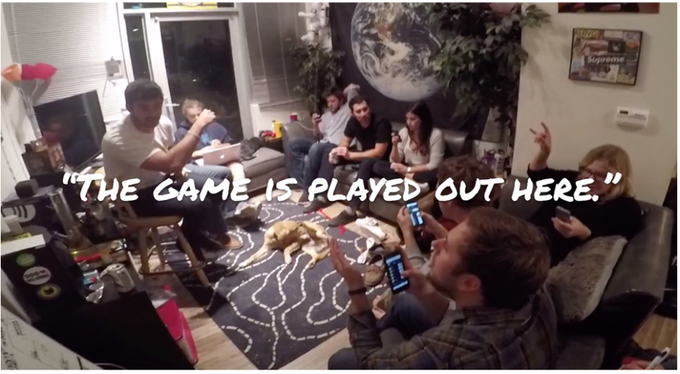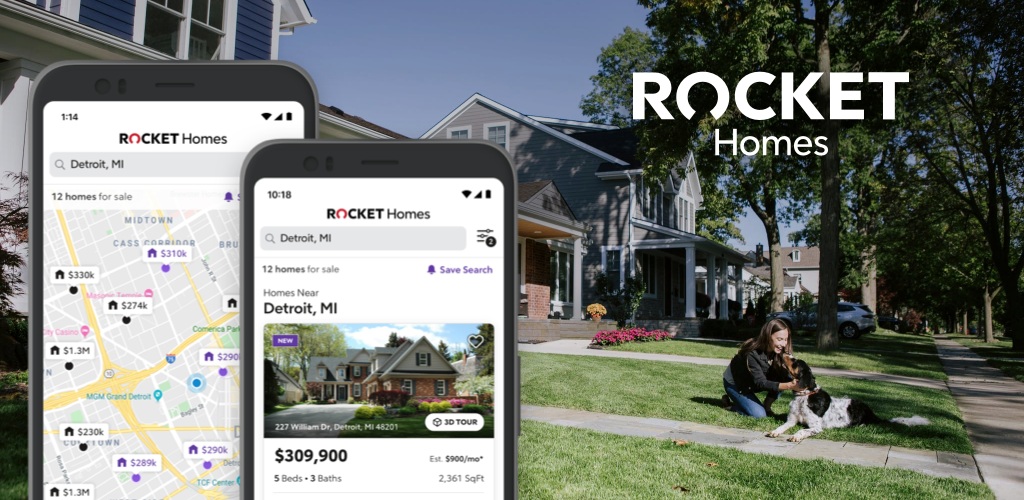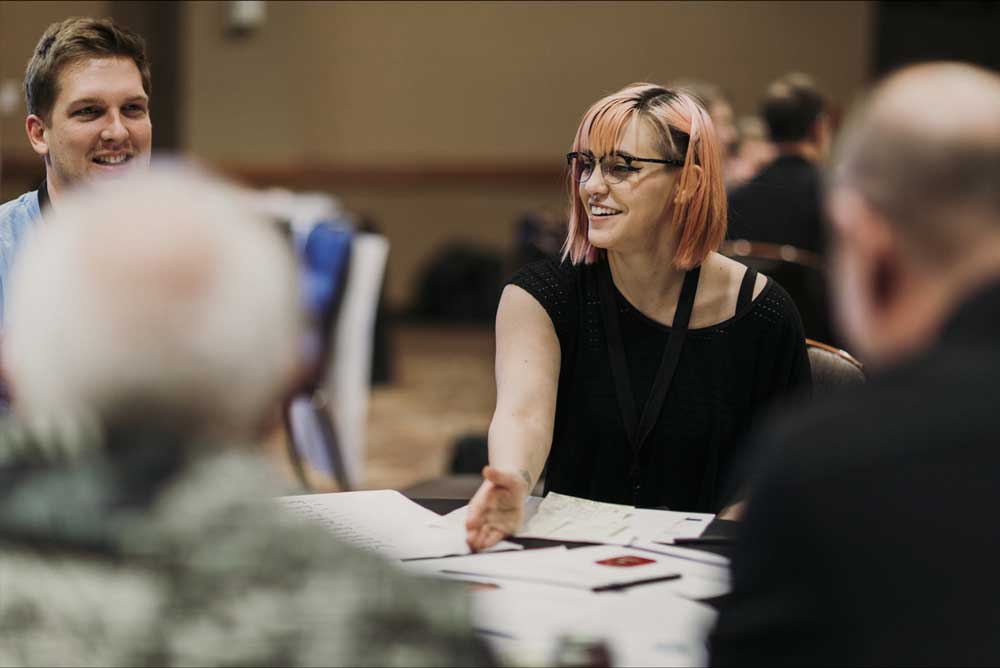I served as a UX researcher & designer under clinician Jeff Zhang, as a part of the University of Michigan School of Information Design Clinic. We worked with a local indie game studio: Ghost Roadhouse, & over the course of 12 weeks, we took their mobile title, The Origin: Latitude 90, from early alpha to a production ready, native mobile experience. After a successful Kickstarter, the game is now available on their website.
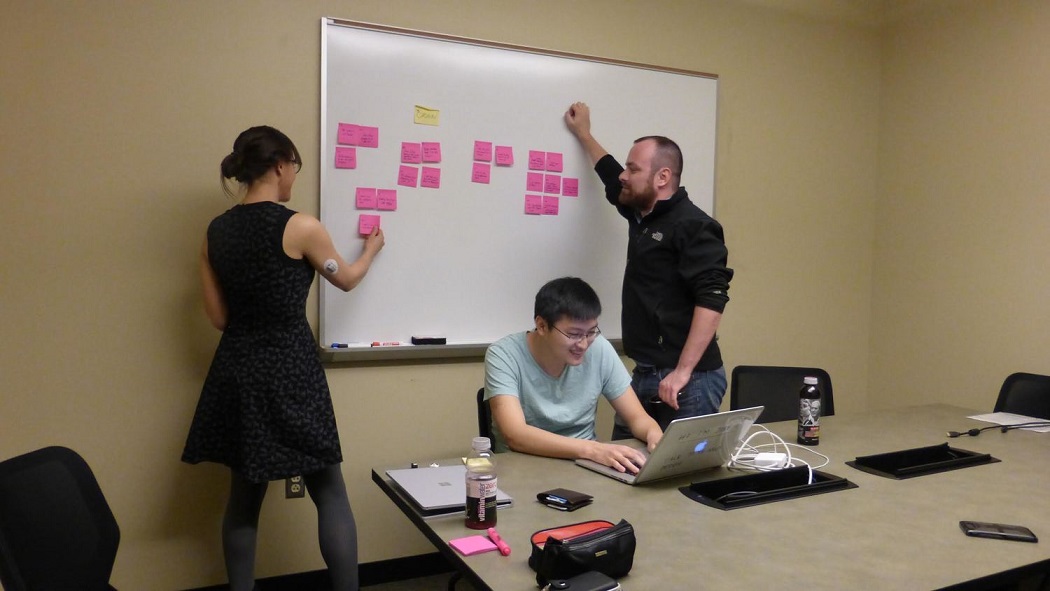
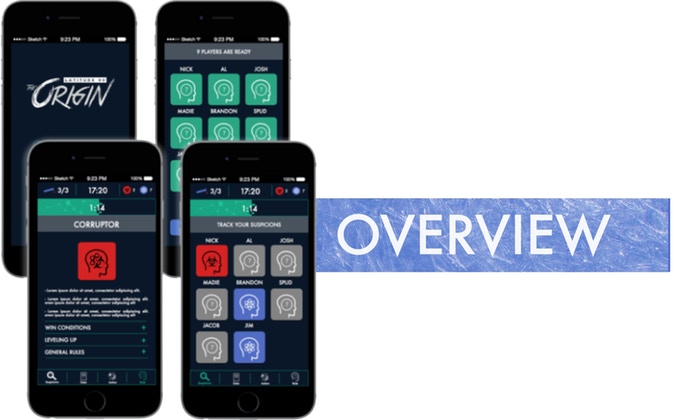
The Game
The Origin is a mobile social deception game. Set in an expedition in the Antarctic, most players begin as Researchers, while two players are Infected. These Original Infected, called The Corruptor and The Origin, both have different abilities at their disposal, and their ultimate goal is to keep their identities hidden. Researchers, meanwhile, attempt to discover the identities of the Original Infected by sharing packages. These packages contain randomly generated clues about the identities of other players. If opened, packages sent by The Origin infect Researchers. Though it’s in Researchers’ best interest to share information, they are susceptible to misinformation spread by the infected. Each exciting game is different as player’s discover new ways to manipulate information.
PLAYTESTING
We held multiple playtesting sessions with our target audience of young adults between the ages of 20-35. At each session, we recorded the time it took to transition between stages of the game and emotional reactions to different events. After 3-5 games, depending on player interest, we interviewed users.
RESULTS
We quickly relayed the information gained from playtesting to Ghost Roadhouse, offering tools to rapidly solve problems. We delved into our first playtesting session with the following questions:
- Do users understand that lying is a key part of the game?
- What would user behavior look like if they were given pen and paper to track clues?
- What sort of on-boarding exercises can we include to make the game easier to understand?
Our first playtestsers expressed that they understood that lying is part of the game, but some of the less intense gamers expressed concern that, because they were not as extroverted, they may not perform so well. From this, we began to brainstorm ways for less talkative users to still have influence. Additionally, players expressed the need for a timer, so they had an understanding of when events (such as sending or receiving packages) would occur. Users did not tend to record a great amount of information, focusing more on the dynamics of the room.
My team organized a second playtesting session with primarily an audience who does not immediately classify themselves as gamers. Our questions were identical to our first playtesting session. From this session we determined that though players understood lying is a key part of the game, it requires at least one game to understand how to lie. Additionally, they did not understand how to use the suspicions card in the app, which marks a player as Researcher or Infected.
After this session, Ghost Roadhouse began to work closer with us on UI details. Our next four playtesting sessions worked out the intuitiveness of The Origin’s design.
SKETCHING & BRAINSTORMING
Each of us brought 2-3 rough mockups of possible designs for The Origin. From these we picked our favorite designs and began brainstorming ways to implement different actions in the game, such as selecting a player to test, marking suspicions, or sending packages. We left our brainstorming sessions with the following decisions:
- To signify the amount of Infected vs Researchers, instead of red or blue dots, use an Infected & Researcher icon with numbers.
- Use a grid system.
- Mark suspicions on players by tapping.
- Make Infection notification dramatic to differentiate it from a clue.
- Split screens further into suspicions, actions, messages, and rules.
- Use tabs to navigate between screens.
Afterwards, we provided high-fidelity mockups which are now in-use with the current game. I also have provided icons for the team for any further updates.
